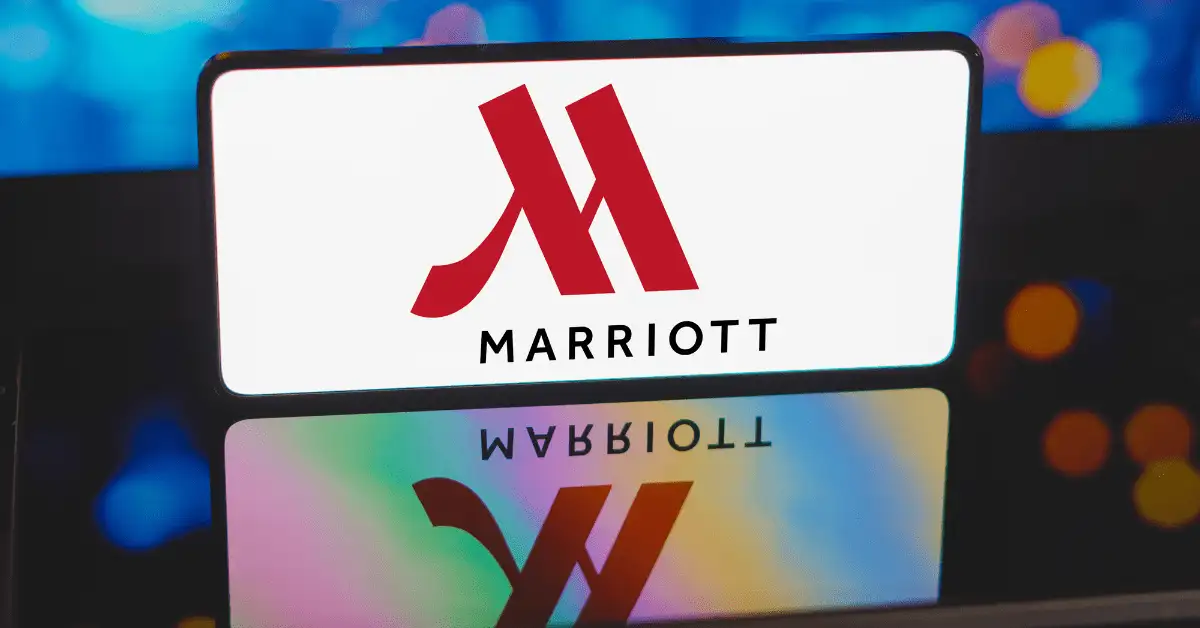
Airport biometrics company Clear has big expansion plans
Airplane
Published:
Updated:
Related Articles
-

-
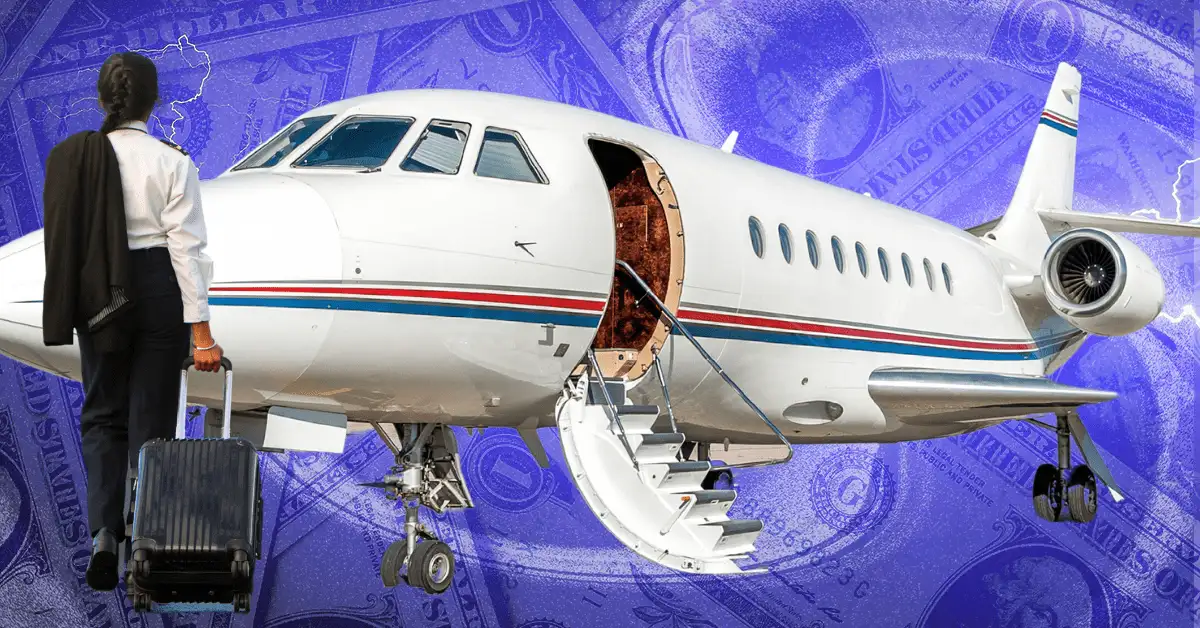
Private jets have a pilot problem
-
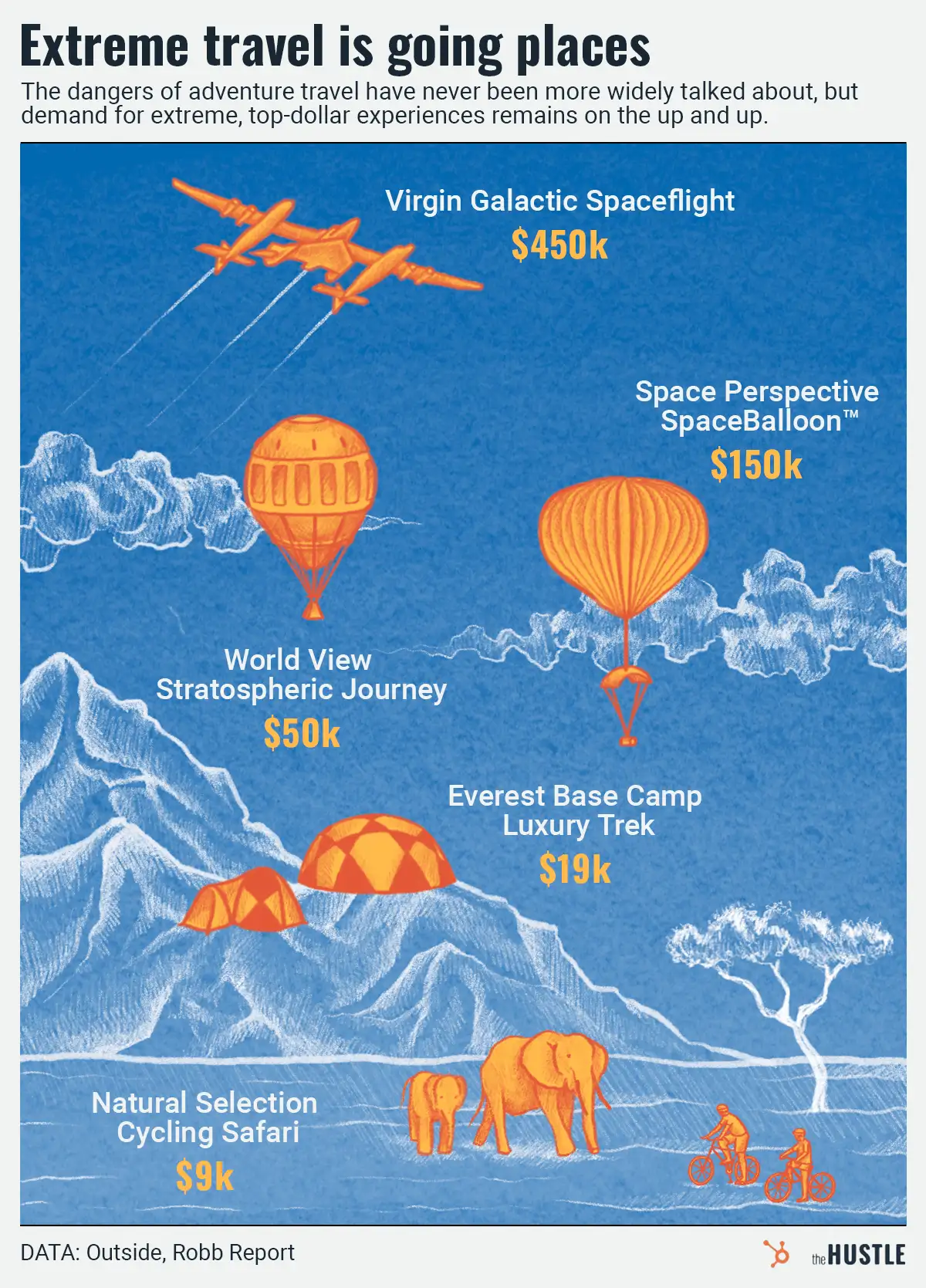
Months after the sub tragedy, extreme tourism is… more popular than ever?
-
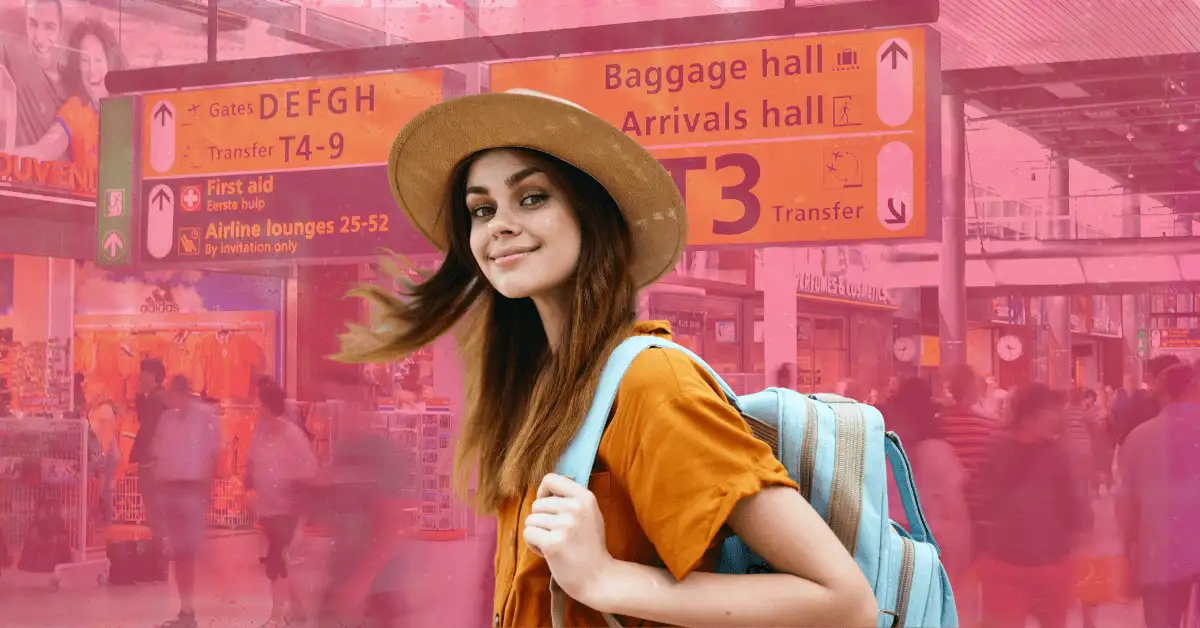
The next big travel destination might be the airport itself
-

Ready for a trip? Psychedelic retreats are going mainstream
-

Check into the future: Hotels are getting an upgrade
-

At the elite’s summer camp, the workers allegedly get bunk
-
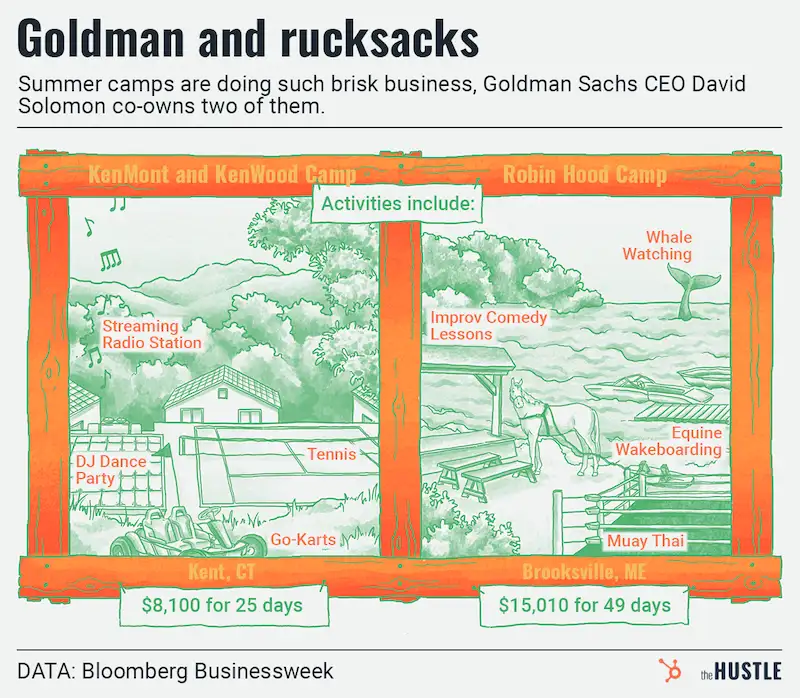
This summer, at band camp, we got a reverse mortgage
-
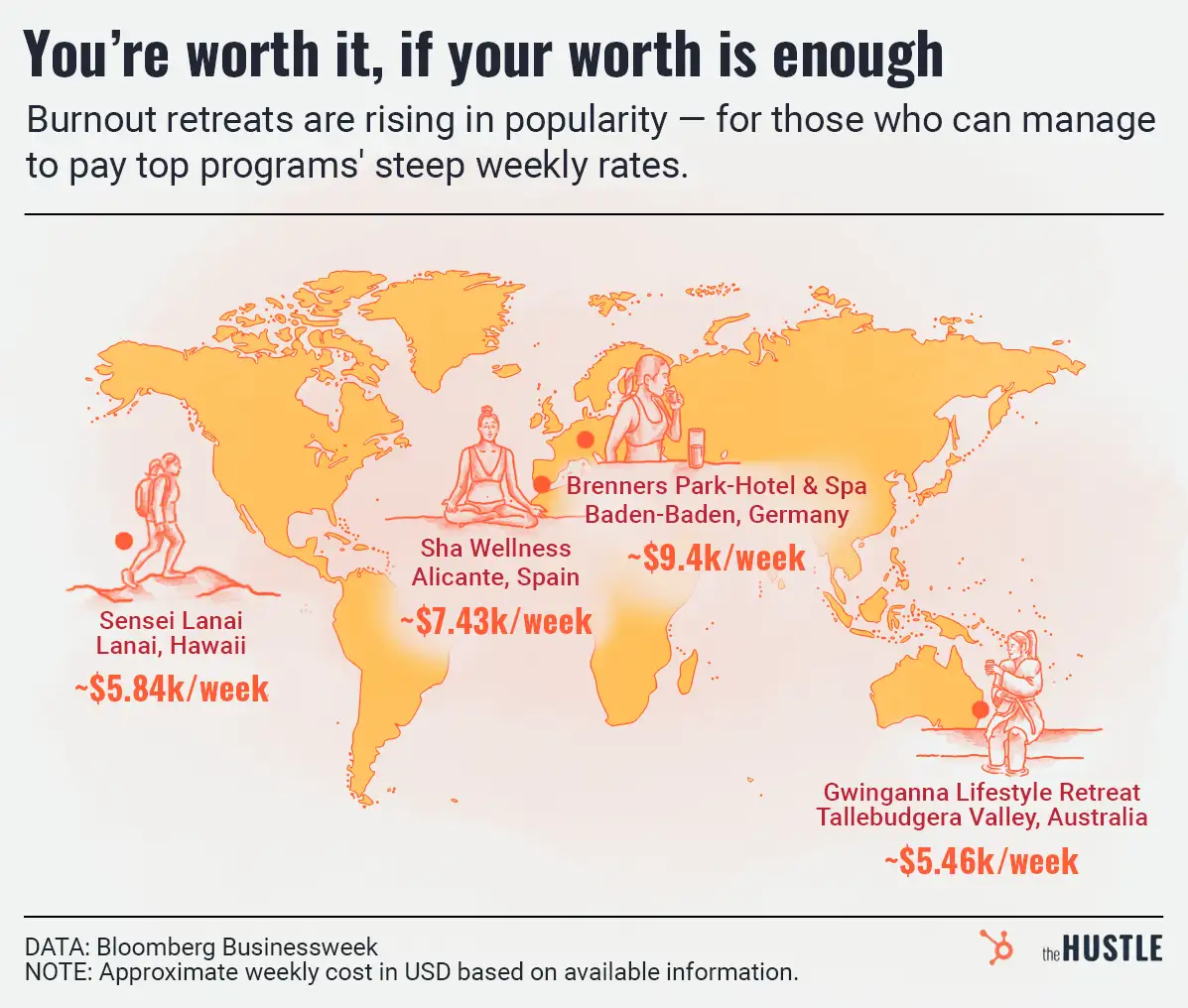
How many zeros would you shell out to feel less zeroed out?
-
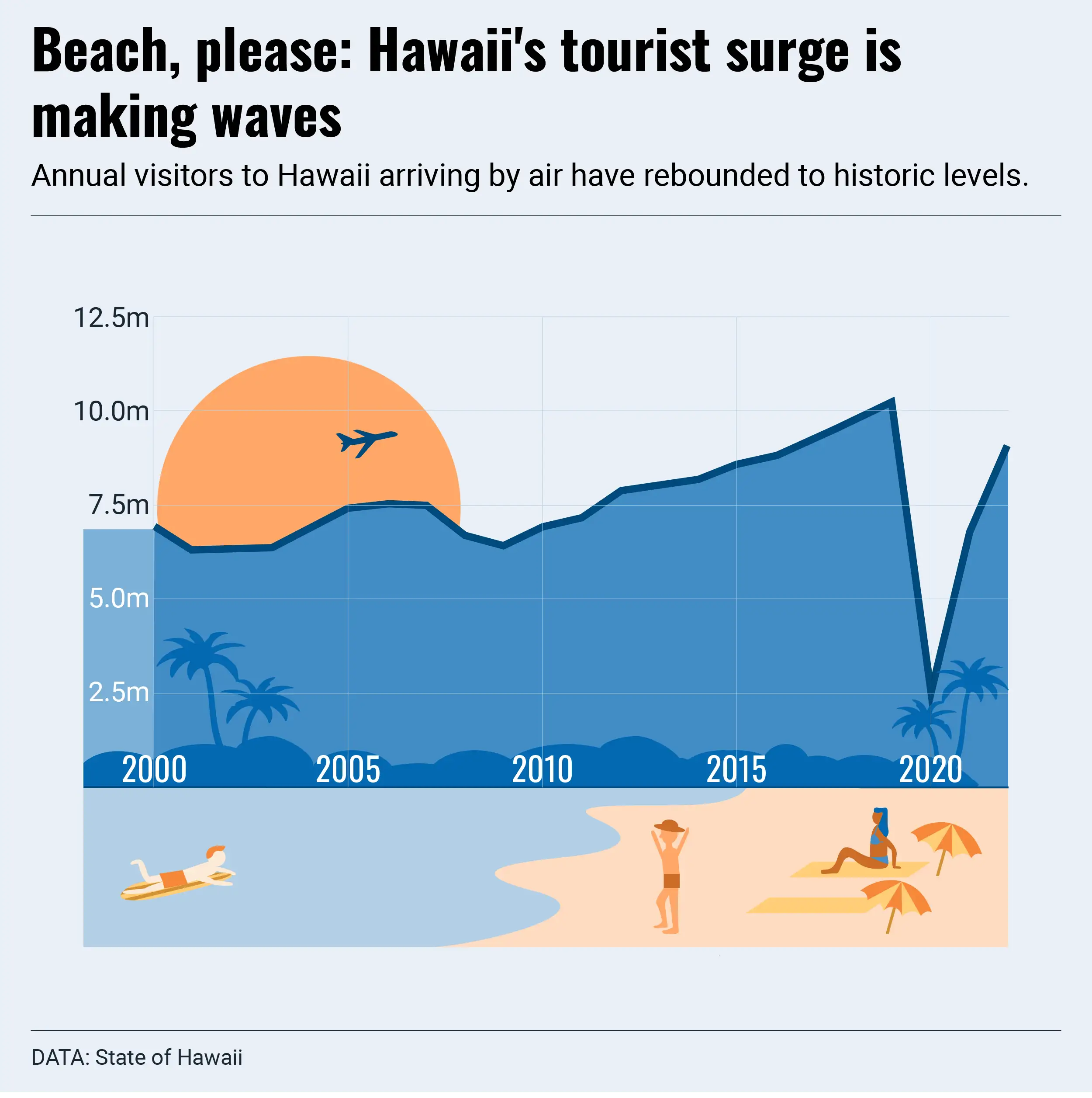
Planning a summer trip? Maybe skip Hawaii, says Hawaii

